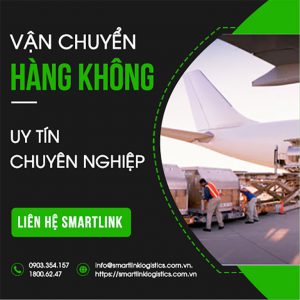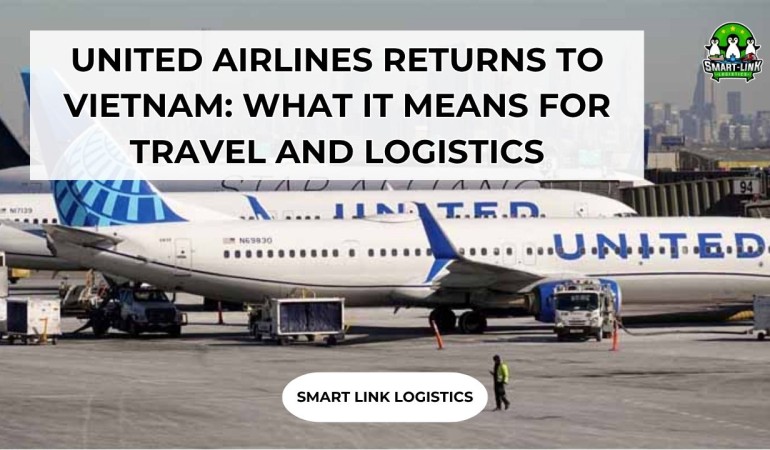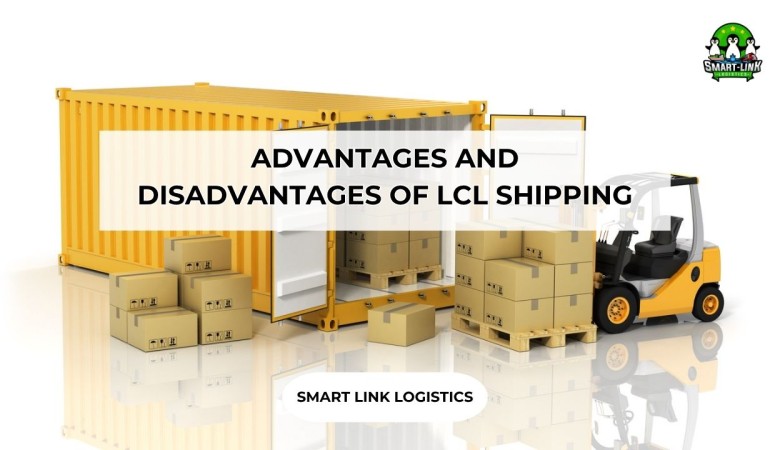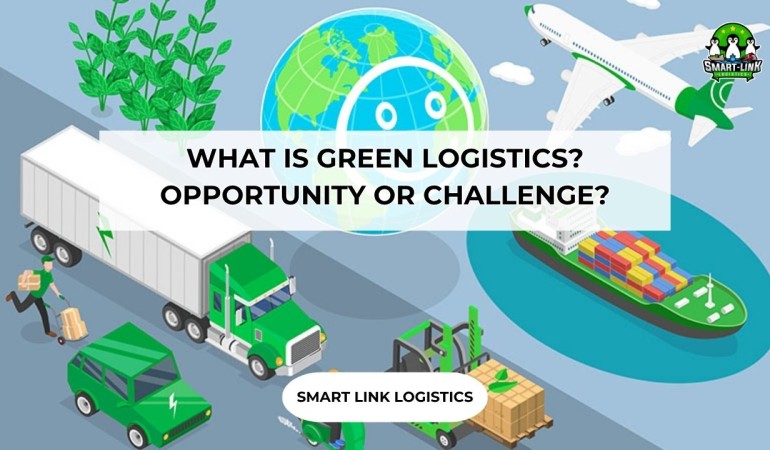
DETAILED IMPORT PROCESS FOR SKINCARE MASKS
Skincare masks are among the most popular beauty products on the market, providing essential nutrients and moisture to the skin while supporting regeneration, softening, and overall skin improvement. Importing skincare masks into Vietnam requires businesses to fully understand foreign trade laws, import policies, and customs procedures. Smart Link Logistics is pleased to share key information on the import process for skincare masks, helping businesses comply with regulations and optimize costs.
1. Import Policies for Skincare Masks
Before proceeding with importation, businesses must research the relevant policies governing this product category, as stipulated in the following legal documents:
-
Circular No. 06/2011/TT-BYT dated January 25, 2011
-
Circular No. 38/2015/TT-BTC dated March 25, 2015, amended and supplemented by Circular No. 39/2018/TT-BTC dated April 20, 2018
-
Decree No. 69/2018/ND-CP dated May 15, 2018
-
Circular No. 32/2019/TT-BYT dated December 16, 2019
-
Decree No. 43/2017/ND-CP dated April 14, 2017
-
Decree No. 128/2020/ND-CP dated October 19, 2020
According to regulations, skincare masks are not on the list of prohibited imports. However, when importing cosmetics, businesses must take note of the following:
-
Cosmetic products must be registered before importation.
-
Product labeling must comply with Decree No. 43/2017/ND-CP.
-
Correct HS code classification is crucial to ensure accurate tax declaration and avoid penalties.
-
If the product features a trademarked logo or brand image, an authorization letter or approval from the brand owner is required.
2. Labeling Regulations for Imported Goods
Product labeling is a mandatory requirement, strictly regulated under Decree No. 128/2020/ND-CP to ensure traceability and regulatory compliance.
2.1. Mandatory Label Information
According to Decree No. 43/2017/ND-CP, the label for skincare masks must include:
-
Product name
-
Manufacturer’s name and address
-
Importer’s name and address
-
Ingredients or composition details
-
Batch number
-
Production date and expiry date
-
Usage instructions
-
Safety warnings (if applicable)
-
Country of origin
2.2. Label Placement
Labels must be affixed in visible areas, such as outer cartons, wooden crates, or product packaging. Proper labeling helps streamline customs inspections and reduces clearance risks.
2.3. Risks of Non-Compliance with Labeling Regulations
-
Fines under Article 22 of Decree No. 128/2020/ND-CP
-
Loss of preferential import tax rates due to lack of valid certificates of origin
-
Delays in customs clearance or potential confiscation of goods
3. Determining the HS Code for Skincare Masks
The HS code is essential for determining import duties, VAT, and regulatory policies. The appropriate HS code for skincare masks is 33049990.
3.1. Risks of Incorrect HS Code Declaration
-
Delays in customs clearance due to re-evaluation requirements
-
Disruptions to business operations due to late delivery
-
Administrative penalties under Decree No. 128/2020/ND-CP
-
Fines ranging from VND 2,000,000 to three times the tax amount

4. Import Duties for Skincare Masks
Businesses should take note of the following:
-
Imports from countries with FTAs (Free Trade Agreements) with Vietnam may qualify for 0% import tax (provided that a valid Certificate of Origin is available).
-
Taxable value is based on CIF (Cost, Insurance, and Freight).
-
Import duties are subject to additional VAT charges.
5. Required Documents for Importing Skincare Masks
Import documentation includes:
-
Customs declaration form
-
Commercial invoice
-
Bill of lading
-
Packing list
-
Sales contract
-
Cosmetic product registration certificate
-
Certificate of origin (C/O), if applicable
-
Product catalog, if available
6. Import Procedure for Skincare Masks
The import process must comply with existing regulations, particularly Circular No. 38/2015/TT-BTC (March 25, 2015) and Circular No. 39/2018/TT-BTC (April 20, 2018). Below are the key steps:
Step 1: Preparing Documentation and Customs Declaration
Before submitting a customs declaration, businesses must gather essential documents, including:
-
Sales contract
-
Commercial invoice
-
Packing list
-
Bill of lading
-
Certificate of origin (if applicable)
-
Shipping arrival notice from the carrier
-
HS code for skincare masks to determine import duties and regulations
Once all documents are prepared, businesses must submit an electronic customs declaration via the VNACCS/VCIS system. Any errors in the declaration process may lead to delays, penalties, or even re-submission, resulting in additional time and costs.
Note: Customs declarations must be submitted within 30 days of cargo arrival at the port. Late submissions may result in administrative penalties.
Step 2: Customs Clearance Process
After submission, the customs system categorizes the declaration into three levels:
-
Green Channel: Immediate clearance without document or physical inspection.
-
Yellow Channel: Document inspection required before clearance.
-
Red Channel: Both document review and physical inspection are required.
Based on the assigned channel, businesses must print the customs declaration and present the required documents at the Customs Sub-Department for clearance. The declaration must be finalized within 15 days of submission, or it will be canceled, potentially incurring fines.
Step 3: Customs Clearance and Tax Payment
Customs authorities will review the documents, assess applicable duties, and verify compliance before granting clearance. Importers must pay import duties before the goods are released.
In certain cases, businesses may be allowed to move goods to a bonded warehouse before completing final documentation. However, failure to submit the necessary paperwork within the required timeframe may lead to penalties and complications in future imports.
Step 4: Receiving and Storing Goods
After customs clearance, businesses proceed with the final step of collecting their goods. To ensure a smooth process, the following preparations are required:
-
Delivery order from the shipping line or carrier
-
Suitable transportation arrangements
-
Relevant documents for customs supervision at the cargo terminal
Once clearance is complete, businesses can transport the goods to their warehouse for storage, distribution, or retail according to their business strategy.
Conclusion
Importing skincare masks requires thorough documentation, a solid understanding of regulations, and strict compliance with customs procedures. Smart Link Logistics is ready to assist businesses from consultation to customs clearance, ensuring time and cost efficiency. Contact us today for expert guidance!
If you’re looking for the best import-export solutions, feel free to contact us for detailed consultation. If you need legal support or assistance with customs procedures in import-export activities, please contact Smart Link Logistics for fast and efficient consultation. With over 14 years of experience in the transportation field, we are proud to accompany you throughout your journey.
Hotline: + 84 902 964 982 to know more about our services

If you require assistance with international import and export of goods, please contact our team at Smartlink Logistics. We are available to provide you with professional guidance on our services and the necessary customs procedures.
SMART LINK: BEST SERVICE BEST YOU


































